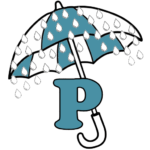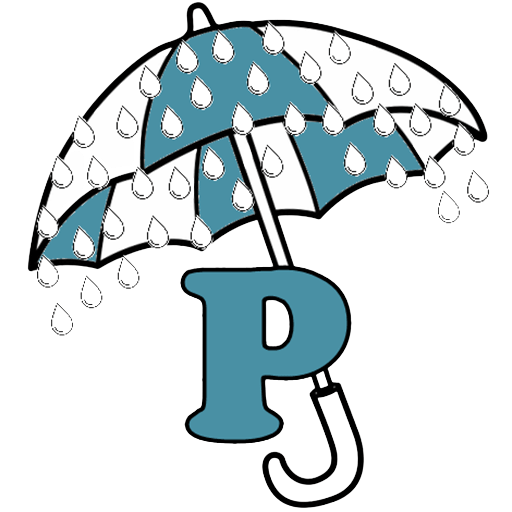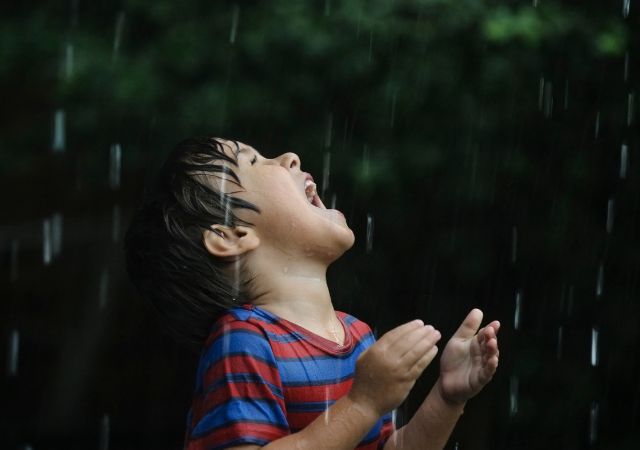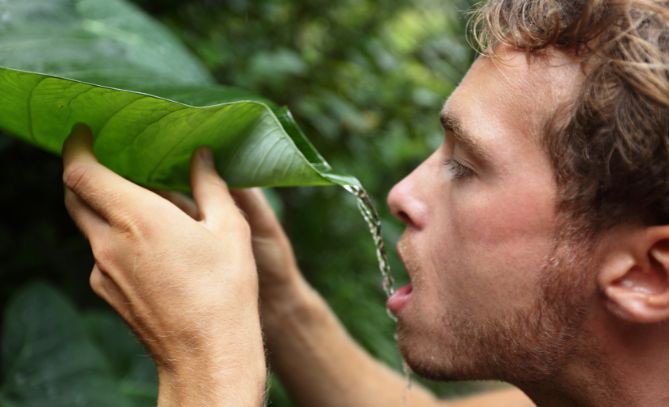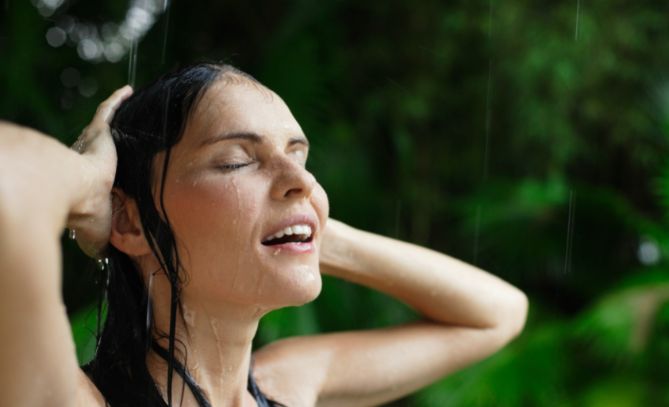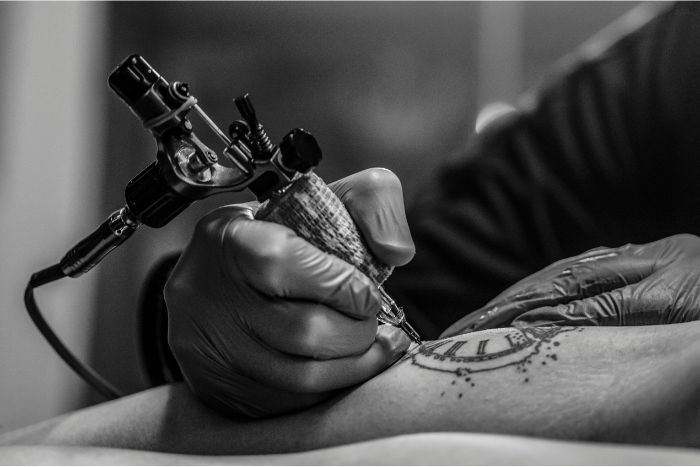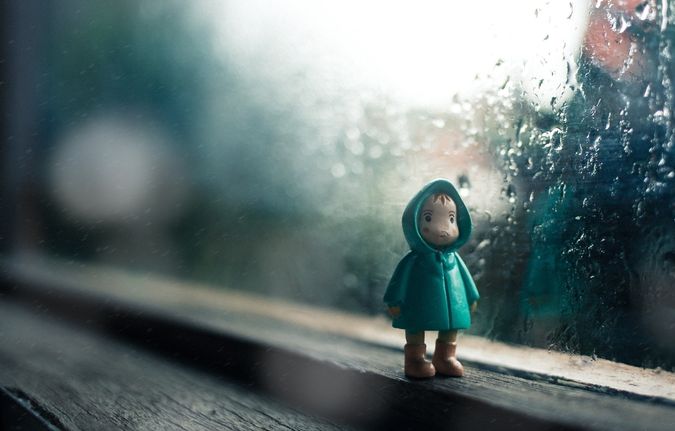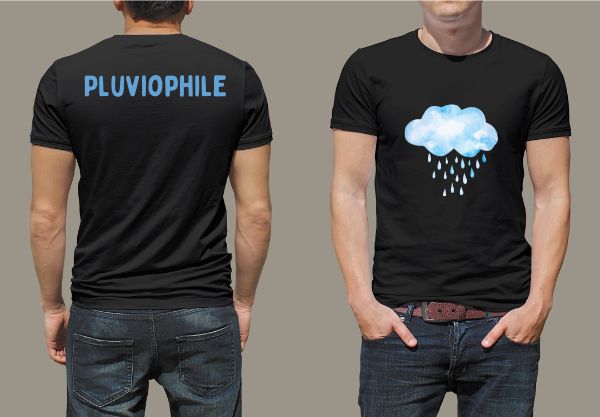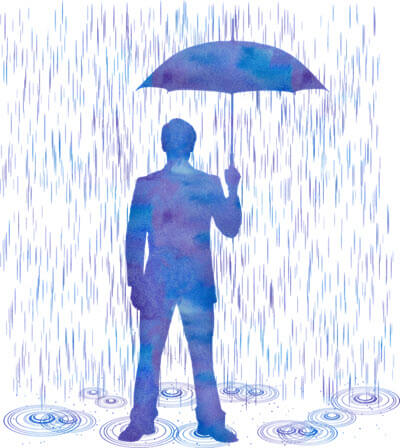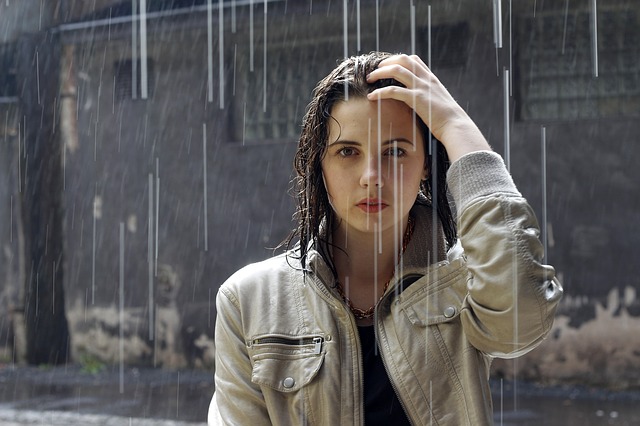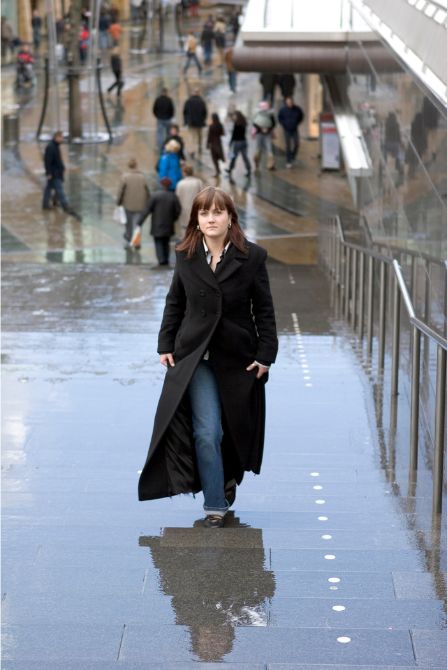People have been collecting rainwater for centuries, but can you drink rain water? There are three main ways to make rainwater safe: boiling, filtration, and distillation. Let’s take a closer look at each method and follow the instructions.
It’s a sustainable way to acquire water that doesn’t deplete natural resources. But The answer for is rainwater is safe to drink is more complicated than a simple yes or no. In this blog post, we’ll explore the different ways you can make rainwater safe to drink and the pros and cons of each method.
How do you make rain water safe to drink?
1. Boiling
Boiling is the most common way to make water safe to drink. It’s also the most effective method of killing bacteria and other contaminants. The only downside of boiling is that it requires a heat source and takes time. For many people, the thought of drinking rainwater seems unappealing.
However, boiling rainwater is a safe and effective way to make it potable. Many people enjoy the taste of rainwater, which is often crisper and less mineralized than tap water. To boil rainwater, simply fill a pot with the desired water and place it on the stove.
Instructions: Bring the water to a rolling boil and let it boil for at least one minute. This will kill any harmful bacteria or viruses that may be present. Once the water has cooled, it can be stored in a clean container and refrigerated for later use. Drinking boiled rainwater is an excellent way to stay hydrated, especially during drought. Plus, it’s great to show your support for pluviophiles everywhere!
2. Filtration
Filtration is another popular way to make rainwater safe to drink. There are many different types of filters on the market, but they all work by removing impurities from the water. The downside of filtration is that it can be expensive, and some filters must be replaced regularly.
Instructions: There are a few different ways to filter rainwater, but a coffee filter is an easy one. Place the coffee filter over a cup and slowly pour rainwater into the cup. The coffee filter can do an excellent job of removing any impurities from the water, resulting in clear, clean-tasting water. If you’re looking for an easy and effective way to filter rainwater so you can drink it, give this method a try.
3. Distillation
Distillation is the third way to make rainwater safe to drink. It works by heating the water until it becomes vapor and then collecting it in a clean container. The upside of distillation is that it removes all impurities from the water, including bacteria and viruses. The downside of distillation is that it requires a heat source and takes longer than filtration or boiling.
Instructions: The process of distilling water dates back centuries and is still used for various purposes. One standard method is to boil water and then collect the steam, which condenses back into the water. This distilled water is free of impurities, making it safe to drink.
Another method is to pass boiling water vapor through a container of cold water. The heat vaporizes the water, but the cold temperatures cause it to condense back into a liquid. This method can also be used to produce distilled water. Rainwater can also be distilled using either of these methods. Pluviophiles, or people who love the rain, often collect rainwater so that they can drink it later.
While rainwater is generally safe to drink, it can contain impurities such as bacteria or pollutants. Distilling rainwater ensures that it is safe to consume. Whether you’re trying to save money on your water bill or a pluviophile who wants to enjoy the taste of fresh rainwater, distilling your water is a great way to get started.
Can you drink rain barrel water?
While it is true that rainwater is generally clean and safe to drink, there are a few things to keep in mind if you plan on drinking from a rain barrel. First, ensure the barrel is made of food-grade materials such as stainless steel or food-grade plastic.
Second, be sure to clean the barrel regularly to prevent the growth of bacteria. Finally, remember that rainwater can contain pollutants such as lead and other heavy metals, so it’s important to test it before drinking. If you follow these simple guidelines, you can safely enjoy the fresh taste of rainwater all summer long.
Is rain water safe to shower with?
Rainwater is generally safe for showering, though it may contain more minerals than tap water. It’s important to take precautions to ensure that the rainwater you use does not have any contaminants to cause skin irritation or other problems!
Rain can be a source of irritation for people with certain skin conditions. When rainwater comes into contact with the skin, it can disrupt the natural balance of oils and cause dryness, itchiness, and redness. In some cases, rainwater may even trigger a more severe reaction, such as hives or eczema.
Fortunately, there are steps that people with sensitive skin can take to protect themselves from the harmful effects of rain. By using moisturizers and avoiding prolonged exposure to wet weather, pluviophiles can enjoy the rain without fear of skin irritation.
Can you drink rain water off an asphalt shingle roof?
To sum up
Rainwater harvesting is an age-old practice still used in many parts of the world. This blog post looked at three methods for making rainwater safe to drink – boiling, filtration, and distillation. While each method has pros and cons, all of them can be effective in ensuring you have clean water to drink. Do you have any experience collecting or purifying rainwater? You’re welcome to share your experience with us.
